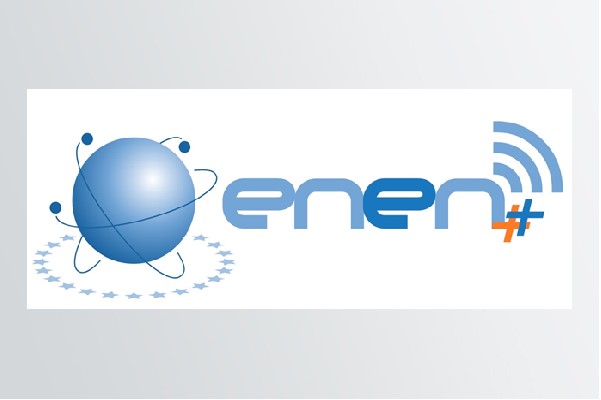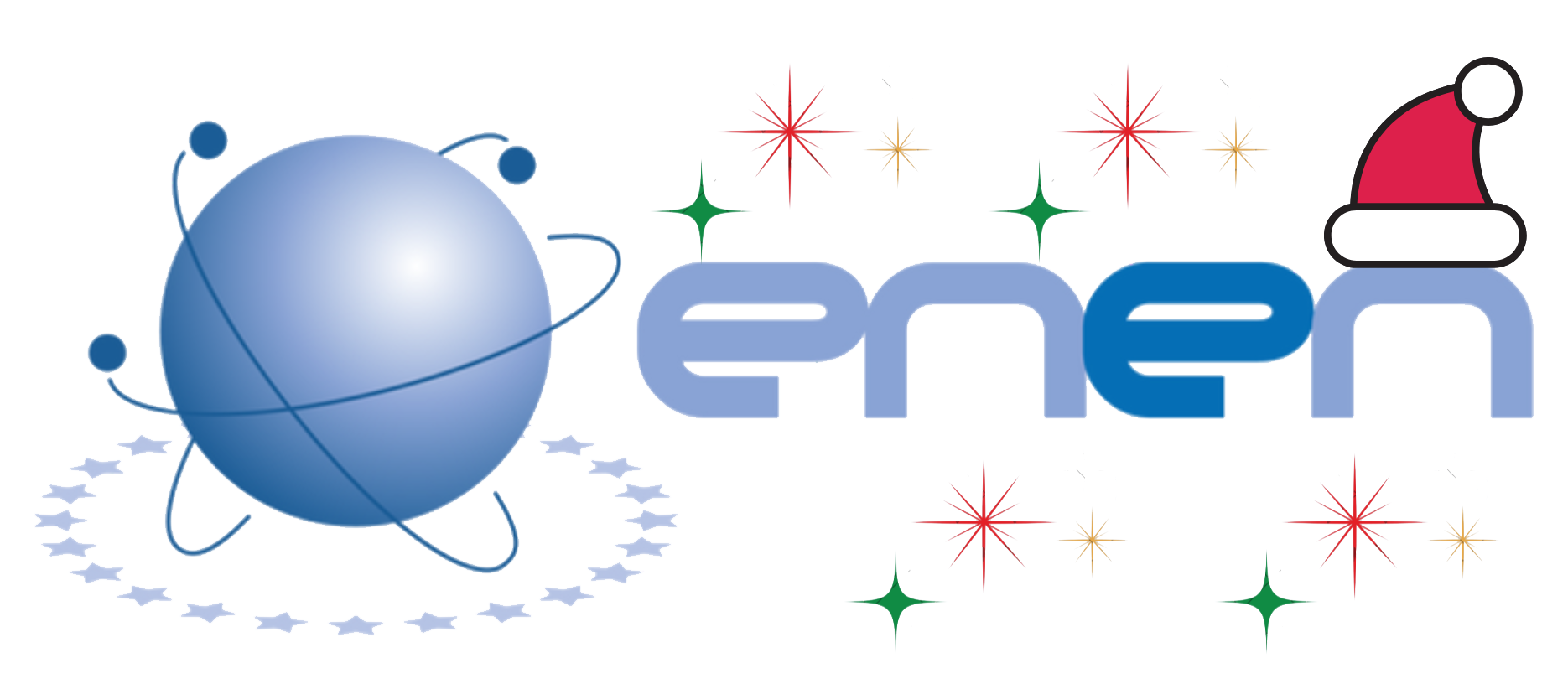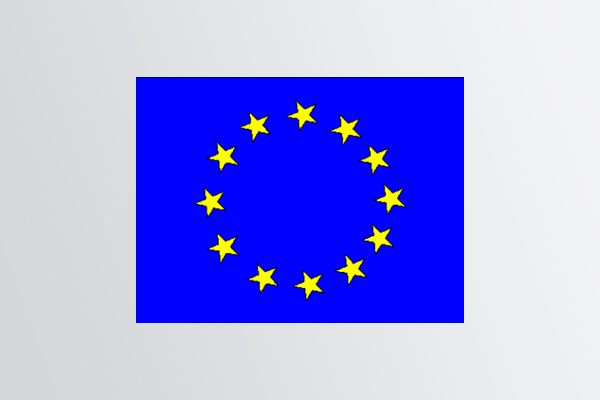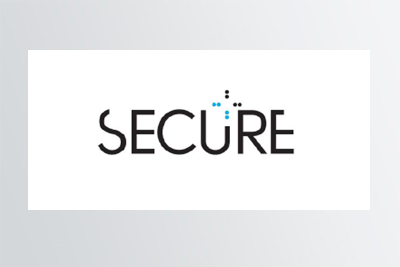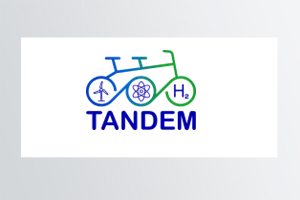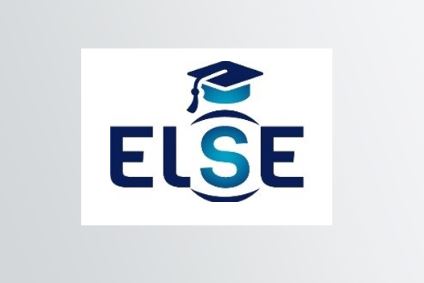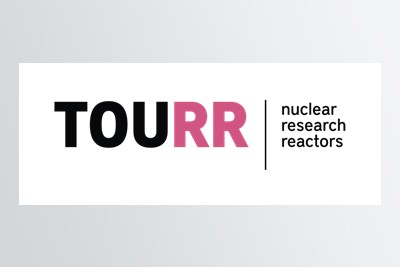FREDMANS aims to increase safety and efficiency in both nuclear power production as well as the recycling of spent fuel.
Changing from oxide fuel to a more fissile-dense material with higher thermal conductivity can enhance both safety of operation and the economic impact of nuclear power.
At the same time, a transition to a greener society with respect to both the generation and usage of electricity will drastically increase the consumption of finite materials.
Generation is predicted to increase by 16-20 times, in particular as electrification replaces the direct use of fossil fuels for heating and transportation.
The nuclear industry can mitigate its part of the resource use through the recycling of spent nuclear fuel. This can enhance the actual power output by about 20 times. However, today there has been no full industrial
demonstration of the complete recycling of nuclear fuel, although one-time recycling, including plutonium, has been used on a large scale for many years e.g. in France.
The model fuel is nitride fuel. It may be more energy efficient/economically advantageous to recycle not only the fissile material, but also the required isotopically enriched N-15 that is otherwise currently a costly raw material.
We will prove that advanced fuels are a viable option for industrial use that can enhance the safety, sustainability and economics of nuclear power operation.
The work packages are:
- Advanced Manufacturing,
- Recyclability,
- Waste Management,
- Industrial Applications
Across all these WPs, the crucial aspect of safety is held in high focus.
As the real safety of future nuclear systems is achieved through well-educated people, an extensive Training & Education work package is included.
“Funded by the European Union. Views and opinions expressed are however those of the author(s) only and do not necessarily reflect those of the European Union or the European Commission. Neither the European Union nor the European Commission can be held responsible for them.”

